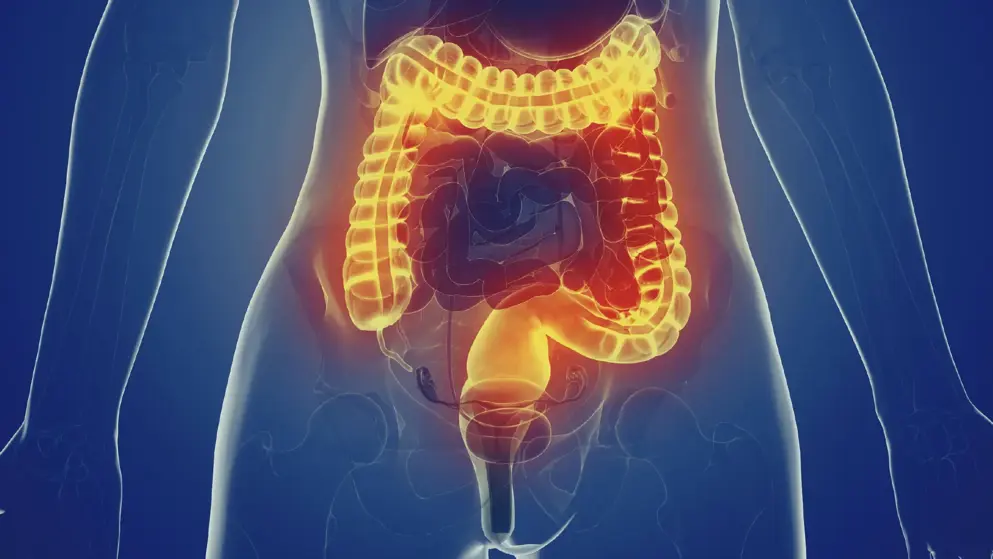
News
Phase IIb/III SELECTION trial shows efficacy of filgotinib for the induction and maintenance of remission in moderately and severely active ulcerative colitis.- Galapagos NV + Gilead Sciences
Gilead Sciences, Inc. and Galapagos NV presented late-breaking data demonstrating sustained efficacy and safety with filgotinib, an investigational, oral, once-daily, JAK1 preferential inhibitor, for the treatment of moderately to severely active ulcerative colitis (UC) .
The data from the randomized, double-blind, placebo-controlled, Phase IIb/III SELECTION trial showed that a significantly higher proportion of patients treated with filgotinib 200 mg, versus placebo, achieved clinical remission at Week 10 and maintained remission through Week 58. In addition, significantly more patients achieved six-month corticosteroid-free remission. The full results were presented at the 2020 United European Gastroenterology Week (UEGW) Virtual Meeting (Abstracts #LB19 and #LB20).
The SELECTION study included biologic-naïve patients, for whom prior conventional therapy had failed, as well as biologic-experienced patients – a high proportion of whom had been non-responders to at least two different lines of prior biologics. In total, 43 percent of patients in the biologic-experienced cohort had failed treatment with both a TNF inhibitor and vedolizumab. The study allowed the enrollment of patients who were taking steroids, and/or immunomodulators, including methotrexate, mercaptopurine (6-MP) or azathioprine, as they would in real-world clinical practice.
Efficacy Data of Filgotinib in Induction and Maintenance : Overall, 1,348 biologic-naïve or biologic-experienced adult patients with moderately to severely active UC were randomized and treated in the SELECTION study. Among biologic-naïve patients treated with filgotinib 200 mg, a significantly higher proportion of patients achieved clinical remission at Week 10 compared with placebo (26.1% vs. 15.3%, p=0.0157). Additionally, a significantly higher proportion of biologic-naïve patients treated with filgotinib 200 mg versus placebo achieved Mayo Clinic Score (MCS) remission (24.5% vs. 12.4%, p=0.0053), endoscopic remission (12.2% vs. 3.6%, p=0.0047) and histologic remission (35.1% vs. 16.1%, p<0.0001). a significantly higher proportion of biologic-experienced patients treated with filgotinib 200mg achieved clinical remission at week 10 compared with placebo 11.5 vs. 4.2 p="0.0103)." patients treated with filgotinib who achieved clinical response or remission at week 10 were re-randomized to their induction dose of filgotinib or placebo in a 2:1 ratio and treated through week 58 maintenance trial n="558)." at week 58 37.2 percent of patients receiving filgotinib 200 mg achieved clinical remission compared with 11.2 percent of patients treated with placebo p0.0001. a significantly higher proportion of those treated with filgotinib 200 mg versus placebo achieved sustained clinical remission 18.1 vs. 5.1 p="0.0024)," mcs remission 34.7 vs. 9.2 p><0.0001), endoscopic remission 15.6 vs. 6.1 p="0.0157)" and histologic remission 38.2 vs. 13.3 p><0.0001). additionally a significantly higher proportion of patients treated with filgotinib 200 mg achieved six-month corticosteroid-free clinical remission at week 58 compared with placebo 27.2 vs. 6.4 p="0.0055)." safety outcomes with filgotinib in ulcerative colitis : overall the incidence of adverse events aes serious aes and discontinuations due to aes were similar in the filgotinib and placebo groups in both the induction and maintenance periods of the study. serious infections herpes zoster venous thrombosis pulmonary embolism and gastrointestinal perforation were infrequent and comparable across treatment groups. the most common adverse events of interest in the induction trials were serious infections 1.1 filgotinib 100 mg 0.6 filgotinib 200 mg 1.1 placebo herpes zoster 0.2 filgotinib 100 mg 0.6 filgotinib 200 mg 0.0 placebo opportunistic infections 0.0 filgotinib 100 mg 0.2 filgotinib 200 mg 0.0 placebo and pulmonary embolism 0.0 filgotinib 100 mg 0.2 filgotinib 200 mg 0.0 placebo. in the maintenance trial the most common adverse events of interest were serious infections 1.7 filgotinib 100 mg 1.0 filgotinib 200 mg 1.1 placebo herpes zoster 0.0 filgotinib 100 mg 0.5 filgotinib 200 mg 0.0 placebo and venous thrombosis 0.0 filgotinib 100 mg 0.0 filgotinib 200 mg 2.2 placebo. two deaths were observed in the filgotinib 200 mg treatment group in the maintenance trial both adverse events leading to deaths were considered by the study investigators to be unrelated to study drug.>
Condition: Ulcerative Colitis
Type: drug

